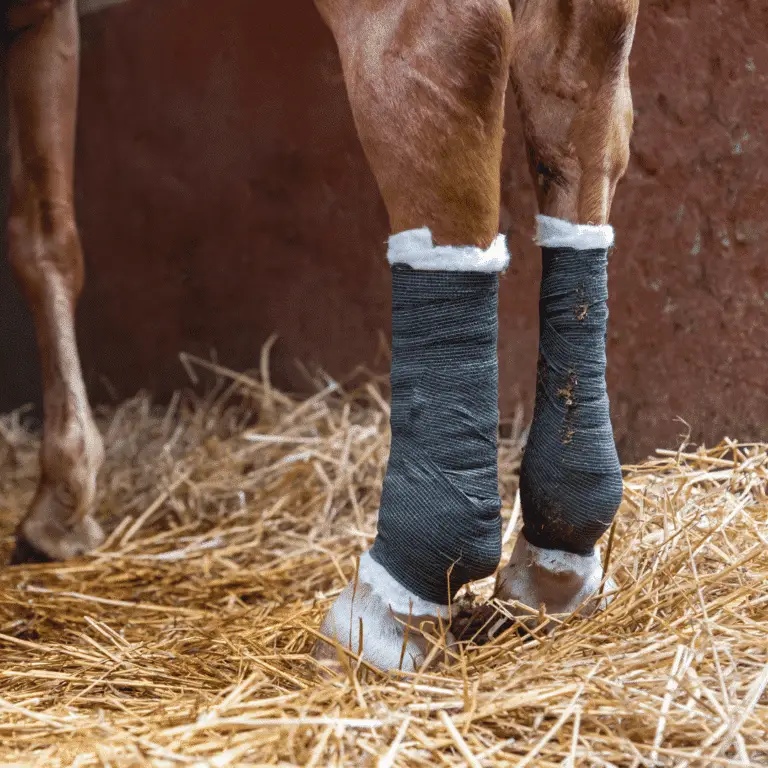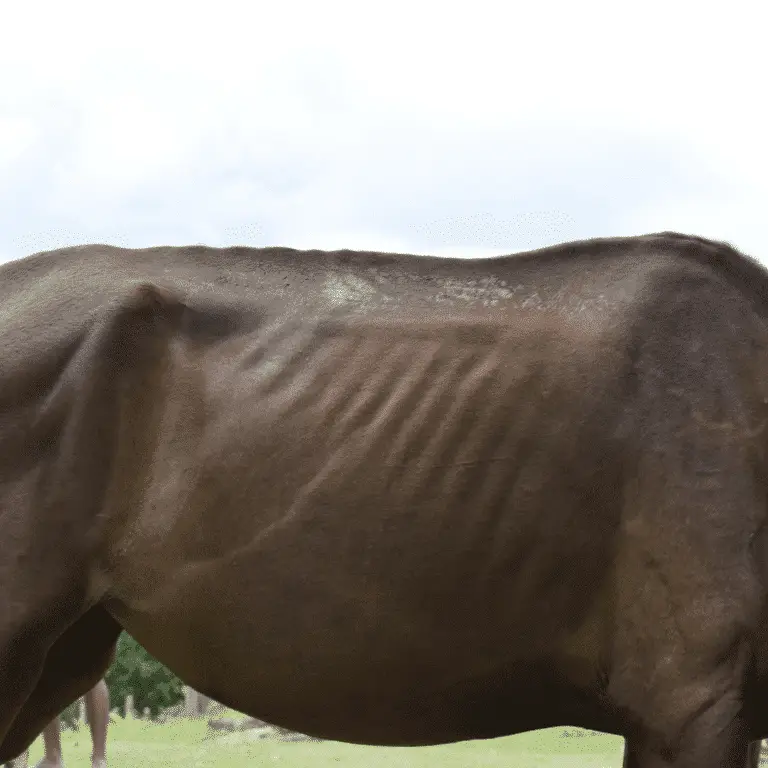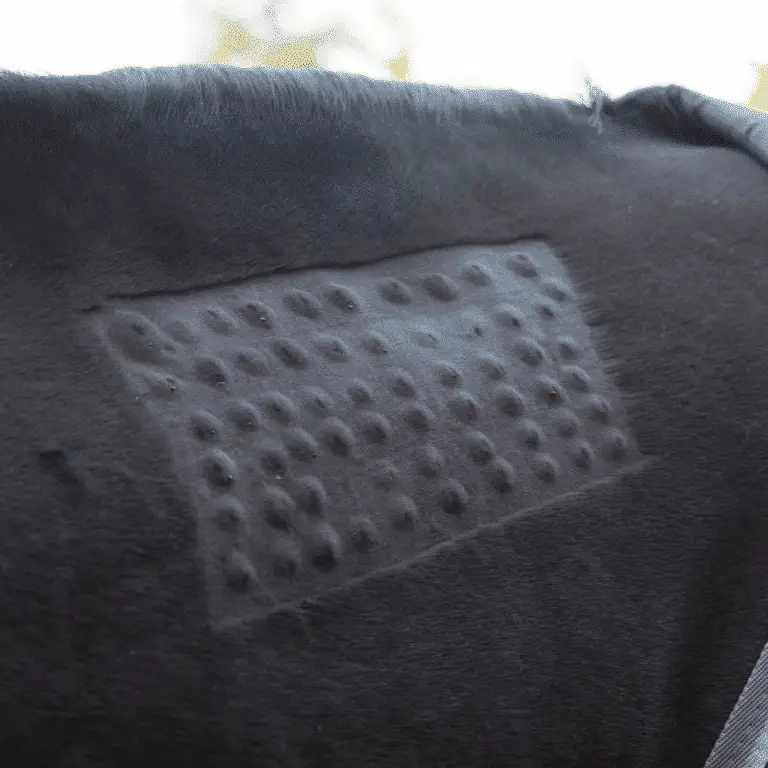Whether you’re a seasoned equestrian or new to horse care, understanding the symptoms, treatments, and management strategies for immune system disorders is crucial for your horse’s health and resilience.
Immune system diseases in horses can present in various ways, including recurrent infections, autoimmune reactions, and allergies. Recognizing these symptoms early can make a significant difference in your horse’s quality of life. Our articles cover a wide range of conditions, from common issues like Allergies, Diabetes, Rheumatoid Arthritis and Pemphigus Foliaceus to more complex diseases such as Foal Immunodeficiency Syndrome (Fell Pony Syndrome) and Systemic Lupus Erythematosus (SLE).
Each article explores the underlying causes of these disorders, evidence-based treatments including immunosuppressive medications, supportive care, and dietary adjustments to support immune function. Whether you’re looking for advice on managing your horse’s environment to reduce allergens, signs to watch for during flare-ups, or seeking guidance on when to consult a veterinarian or immunologist, we’ve got you covered.







